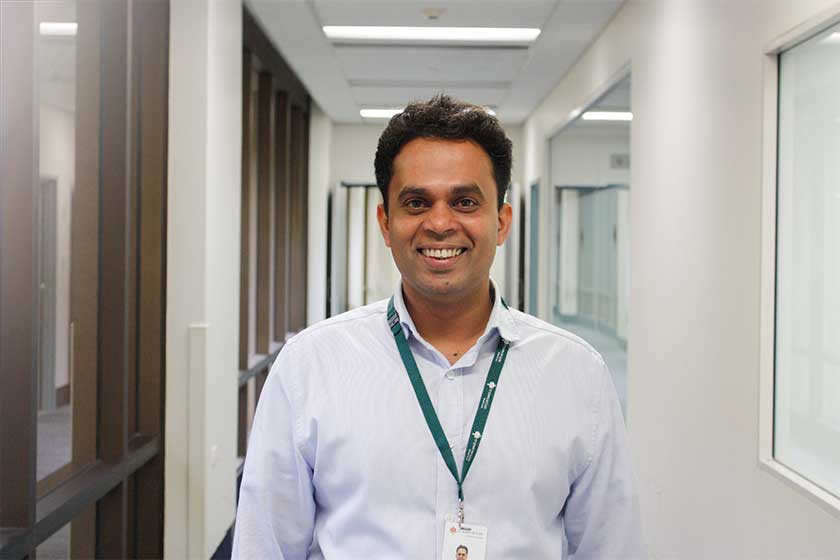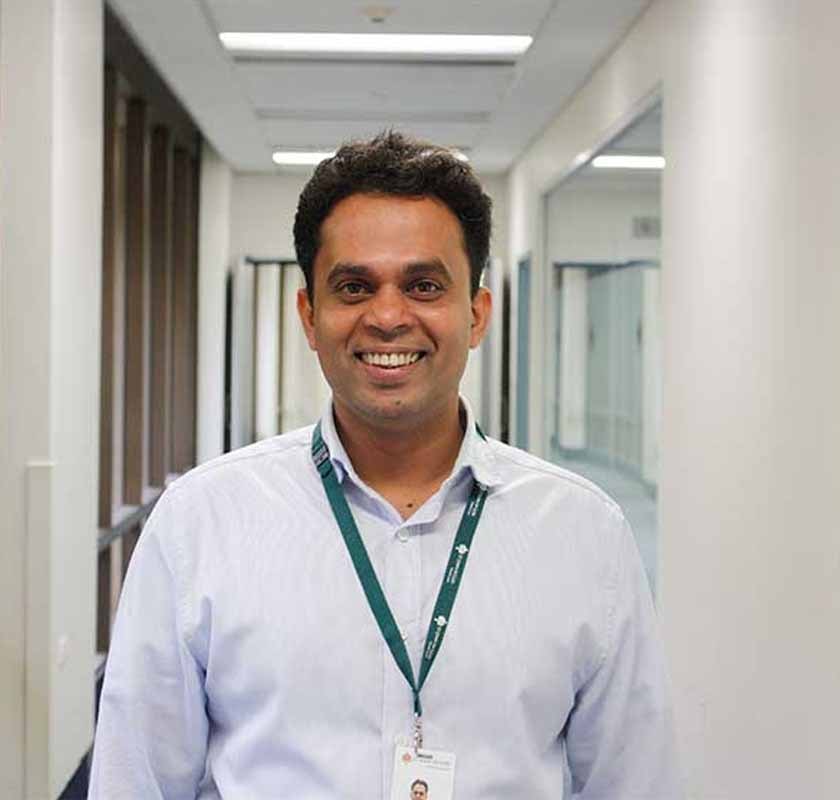1. Pastoral care is religious work
It’s not uncommon for patients to refuse or be reluctant to have a visit from pastoral care workers. There are many reasons this could happen, but one common one is the misconception that care is associated with organised religion. While this was true many years ago, it is not the case anymore.
Today’s pastoral care practitioners are not always religious or associated with any particular religious affiliation. They could be professionals with a background or experience in a range of professional fields such as teaching, nursing or counselling. This non-denominational approach allows them to cater for and meet the needs of patients from all walks of life and faith backgrounds.
2. Pastoral care is only for patients receiving end of life care
Often people who are experiencing terminal illness and death reflect on their world of relationships and achievements. They may be curious to explore end of life discussions as they consider their own purpose and legacy of life, the wellbeing of those left behind, and their desire to make a meaningful transition from life to death. Understandably, pastoral care plays a significant role in this space.
However, people admitted to hospital for non-life threatening illness may also be confronted with other realities of change and loss at various levels. This may include changes to lifestyle, self-identity, body image, relationships and financial stability as well as overall uncertainty of the future state of their health and wellbeing. These and other external or internal factors can lead to perceived loss of control and power, which can leave them feeling helpless and profoundly sad.
Pastoral care can support these patients through a sensitive context in which patients are able to hold on to the disrupted story of their life and yet find the strength and hope to reshape their life’s meaning and connections.
3. Pastoral care is a form of therapeutic counselling
It is understandable that many people who are already feeling vulnerable may be apprehensive about additional therapies. While pastoral care shares similar values and skills of therapeutic counselling, it greatly varies in its focus, objectives and practice.
The focus of pastoral care is on helping patients make sense or meaning of their hospital experience. It does this by providing an opportunity for patients to give expression to their deepest worries and hopes and therefore creating favourable conditions to facilitate healing (‘wholeness’) and maintain their connection to their spirituality.
If pastoral care practitioners feel that patients need psychosocial support beyond what pastoral care can provide, they will refer patients to other relevant professionals, which may include counsellors.
4. Pastoral care is not a part of the health care team
Pastoral care is an integral part of the health care team and can be effective in helping patients cope with emotional distress and maintain a balanced perspective on life. This in turn helps to improve recovery and minimise suffering.
At St John of God Subiaco Hospital we work closely with members of the health care team to support patients during challenging times. We recognise that emotional, spiritual, psychological and social needs exist within a person that contribute towards their overall quality of care.
By listening and honouring patient’s experiences, often not related to their illness, pastoral workers make it possible for patients to validate who they are as human beings. This adds another dimension to health care where patients are given the opportunity to be seen and heard beyond their disease.
5. Pastoral Care is best reserved for professional pastoral practitioners
Although pastoral care practitioners have specific training and experience to deliver pastoral care in a professional context, any action that contributes towards a positive experience of healing and wellbeing can be considered pastoral care.
Accordingly, any action of care can also be pastoral if it is coupled with genuine concern for the other person’s wellbeing. While some may be reluctant to recognise such simple acts of kindness, generosity and love as pastoral due to its association with religious connotations, we recognise them as pastoral care as it supports the person to see the beauty of each unique individual.
Healing and growth happen in the context of a community of positive relationships and we all are and can be active participants in positive conditions for improved quality of life or death.


